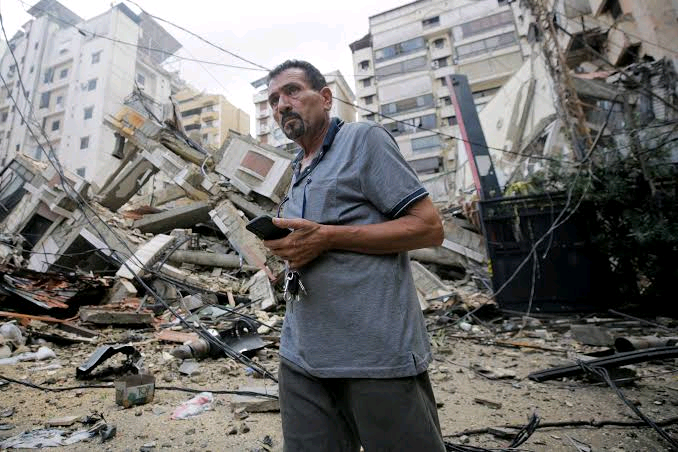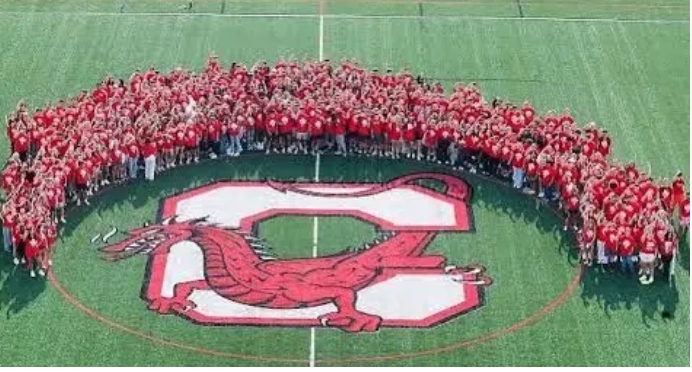Israel-Hezbollah Tensions Flare Amid Ceasefire Agreement with Lebanon
In a significant development for regional stability, tensions between Israel and the Lebanese militant group Hezbollah have escalated following a ceasefire agreement reached between Lebanon’s government and Israel. While the truce aimed to reduce hostilities and foster peace along the heavily fortified Israel-Lebanon border, it has stirred opposition from Hezbollah, which remains a dominant force in Lebanese politics and military affairs.
The ceasefire agreement, brokered by international mediators, primarily focuses on halting cross-border skirmishes that have plagued the region for years. It includes measures for de-escalation, enhanced communication channels to prevent misunderstandings, and a commitment to resume negotiations on disputed border territories. While many Lebanese citizens have welcomed the deal as a step toward stability, Hezbollah’s leadership has expressed strong reservations.
Hezbollah’s Secretary-General, Hassan Nasrallah, criticized the agreement in a televised address, describing it as a “surrender to Israeli aggression.” He accused the Lebanese government of undermining national sovereignty and warned of dire consequences if the terms of the ceasefire were perceived as weakening Hezbollah’s position. “We will not stand idle while our adversaries attempt to redraw the balance of power in the region,” Nasrallah stated, hinting at potential actions that could jeopardize the fragile peace.
Israel’s response to Hezbollah’s opposition has been firm, with Defense Minister Yoav Gallant reiterating Israel’s right to defend its borders. Gallant emphasized that the agreement is not a concession but a mutual understanding to ensure safety and security for civilians on both sides of the border. He further warned that any provocations by Hezbollah would be met with swift and decisive action.
The international community, including the United Nations and the United States, has urged all parties to respect the ceasefire and prioritize dialogue over conflict. UN Secretary-General António Guterres called the agreement a “critical opportunity” to reduce hostilities and build trust in a region long marked by violence and instability.
Despite these calls for calm, the situation remains precarious. Analysts caution that Hezbollah’s rhetoric and possible actions could derail the ceasefire, plunging the region into renewed conflict. The group’s extensive arsenal and entrenched influence in southern Lebanon pose significant challenges to enforcing the truce. On the other hand, Israel’s security concerns and firm stance against any perceived threats create an environment of heightened vigilance and readiness for confrontation.
For now, the ceasefire agreement stands as a tentative step toward peace, but its longevity depends on the willingness of all stakeholders to prioritize dialogue and diplomacy over hostility. The coming weeks will likely determine whether this fragile truce can hold or if the region will see yet another cycle of violence.












